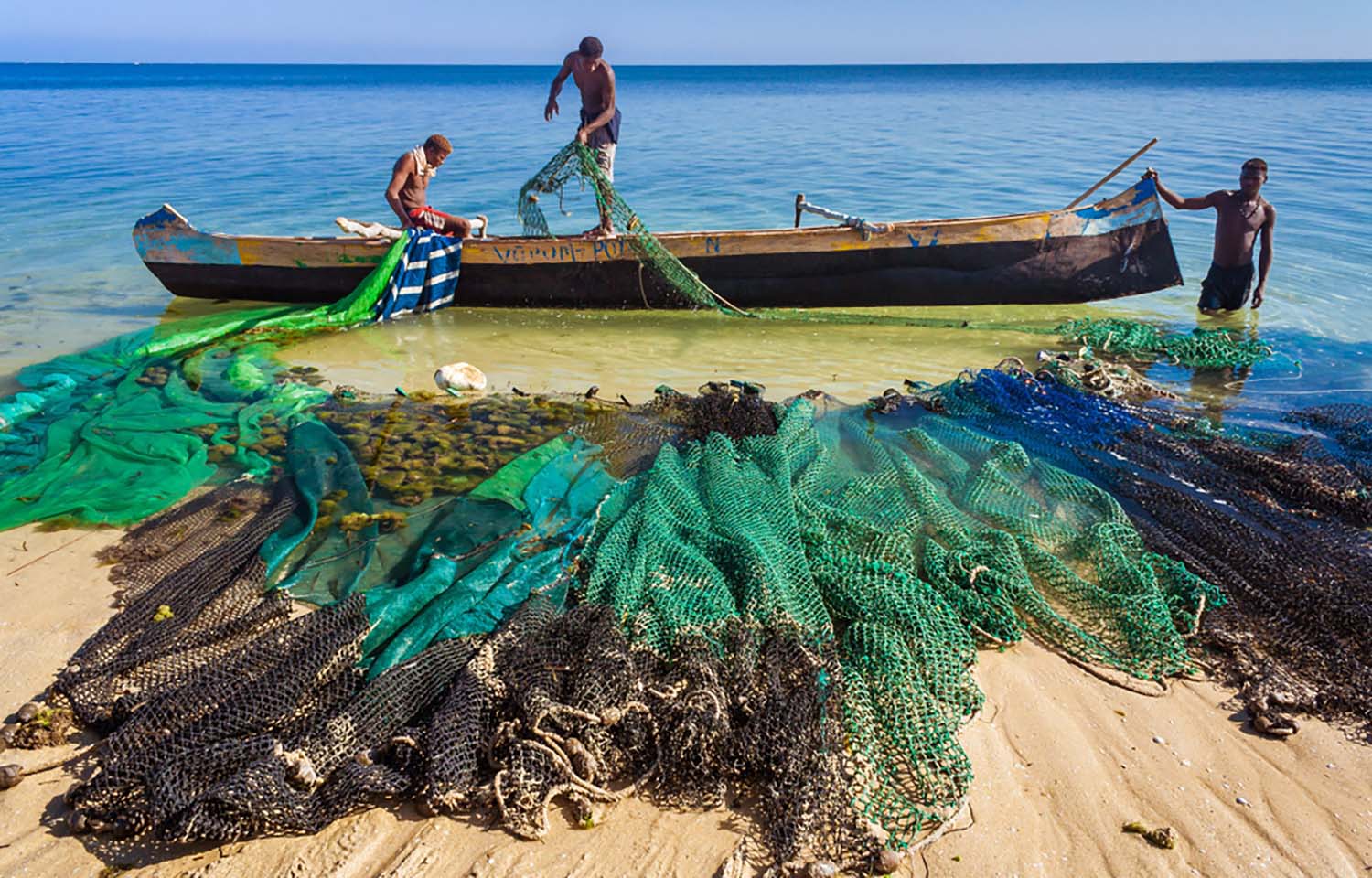Chile has become the latest country to join the Fisheries Transparency Initiative (FiTI) and the first country ranked in the top ten of global fishing output to do so, while Madagascar and Cabo Verde have published updated fisheries data online, helping both nations inch closer to meeting transparency requirements under FiTI’s internationally recognized standard.
FiTI, a Seychelles-based nonprofit that aims to bolster sustainability in global fisheries by making fisheries data publicly available, has six countries – Madagascar, Cabo Verde, Ecuador, Mauritania, Seychelles, and Sao Tome and Principe – that have currently submitted candidate applications toward the initiative. Three other countries – Chile, Guinea, and Senegal – have committed themselves toward meeting the standard’s requirements.
The difference between being a candidate country and simply committed is that countries in the former category have taken measurable steps toward meeting the nonprofit’s requirements, such as posting fisheries data online, like Madagascar and Cabo Verde recently did, according to FiTI.
“This published information has not been shared with the general public for many decades, and it takes political leadership for the countries to have the data published,” FiTI Executive Director Sven Biermann told SeafoodSource. “It is encouraging to see that both Madagascar and Cabo Verde have taken less than one year after their commitment to the FiTI to publish their reports on the state of their marine fisheries.”
Information detailed in the reports includes each country’s total number of vessels authorized to fish within its marine jurisdictional waters, revenue generated from the granting of fishing authorizations, and annual retained catches. The reports also detail the total number of small-scale fishing vessels and fishers operating within each country, as well as the number of fish and fish products produced annually.
“Transparency on marine fisheries is not just about a country dumping information on their government website but a process that must involve all industry stakeholders – for that is the only way the data provided can be both credible and useful,” Biermann said. “As FiTI, we also must ensure the data provided is credible and that the publishing of the information online is not a one-time event but a progressive one, especially where gaps have been identified in the data provided.”
While the reports published by Madagascar and Cabo Verde represent a positive step forward, there are still some gaps in the data, according to Biermann, who said the biggest gap for these countries is inadequate information on international fishing agreements, fishing quotas, and the fishing techniques employed in marine catch.
“The data needed is spread across many different sources, and it takes time to collate; for some countries, it is a cumbersome process in the initial phase,” he said. “This is why it is important for all stakeholders in the marine fisheries sector in any country to determine what the gaps are in the information provided and which data should be given priority in publication over the other.”
Biermann said some of these countries have not provided details of their fishing agreements with international parties partly because of non-disclosure clauses in those contracts, which ...








